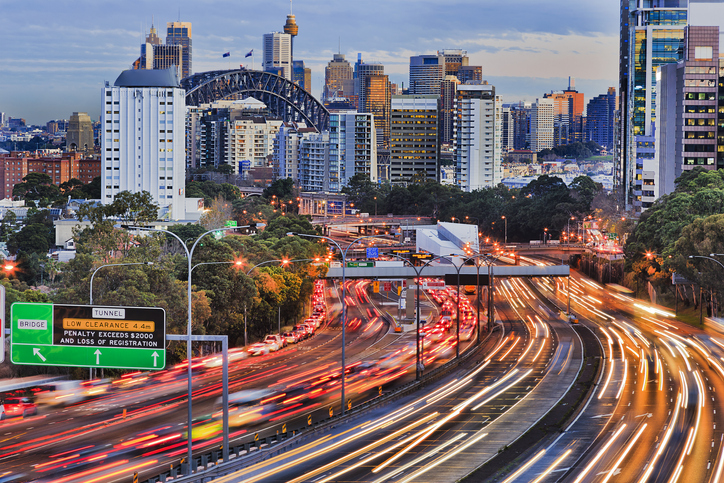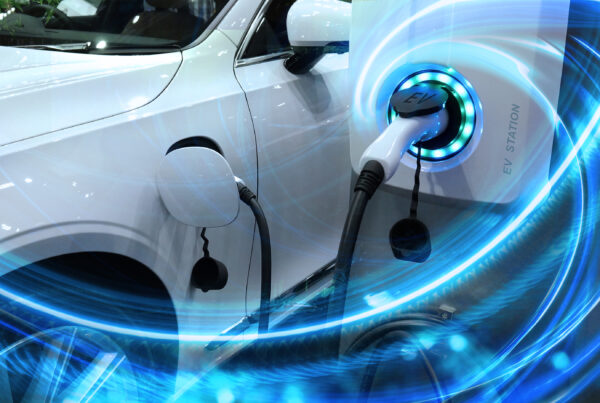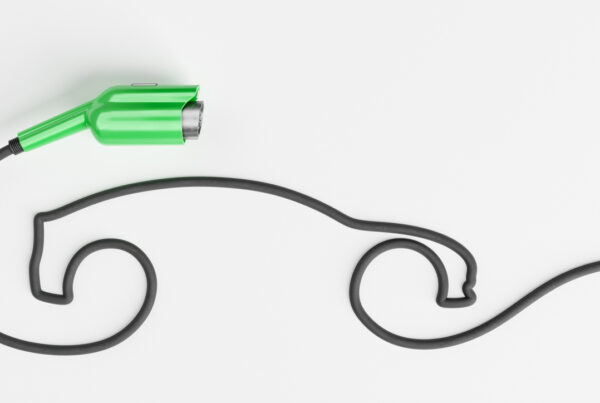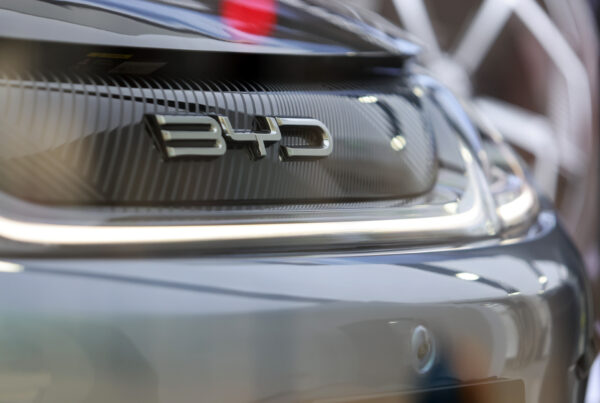The NSW Government has committed to an aspirational objective of achieving net-zero emissions by 2050.
This aspirational objective is intended to provide a clear statement of the government’s intent, commitment, and level of ambition and to set expectations about future emissions pathways that will help the private sector and government agencies to plan and act.
It is consistent with the Paris Agreement which the Commonwealth Government has committed to ratifying, and is intended to complement, rather than replicate or duplicate the Commonwealth Government’s shorter term national emissions reduction targets.
Specifically, the ‘Electric Vehicle Infrastructure and Model Availability Program’ will be rolled out over the next three years and will remove “unnecessary barriers” to electric car uptake, like higher purchase prices and access to off-street charging.
“While electric vehicles currently have higher purchase prices than petrol and diesel vehicles, they are expected to fall in price and have competitive strengths: they need less maintenance as they have fewer moving parts and have lower energy costs,” the government’s report said.
Perhaps a bigger stumbling block for EVs in NSW is the lack of charging infrastructure and space available to those who make the transition. According to information obtained by CarAdvice the entire state currently has less than 400 public charging points, while over 30 per cent of NSW households do not have access to off-street parking to easily charge an electric car.


















